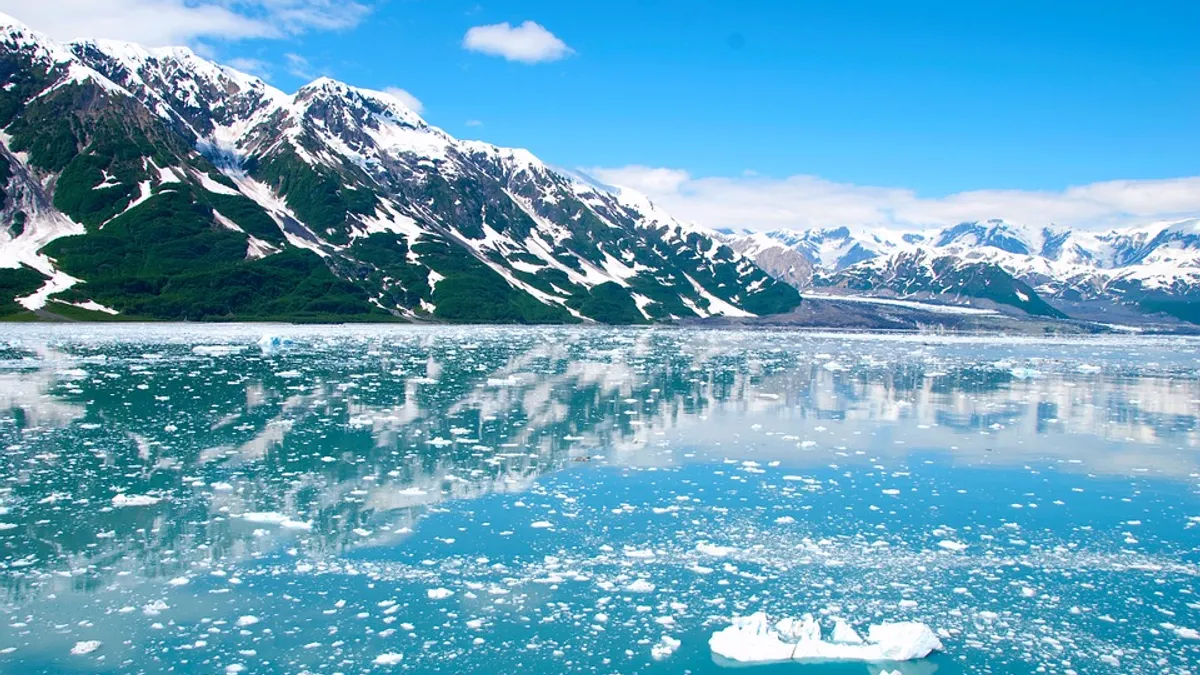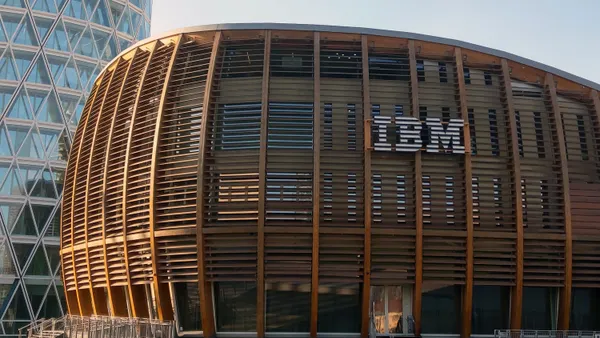Dive Brief:
- Due to climate change, an unlikely town on the northwest coast of Alaska is receiving "one of the fastest internet connections in America," reports the New York Times. Prior to the physical impact of global warming, the ice blocked access to the internet cables beneath the ocean's surface that connect continents. The connection is giving the approximately 700 residents of Point Hope a first glimpse of broadband speed internet.
- Quintillion, a communications company based in Anchorage, is leveraging the melting ice to bridge a better "digital link" between London and Tokyo, according to the report. The company expects the project to connect about 20,000 people because the melted ice now permits the installation of 40 miles of fiber optic cables, according to the report.
- The financial industry, among others such as retail, stand to benefit the most from global cables. Traders traditionally were forced to use computer programs for buying and selling "huge volumes" at "lightning speeds," according to the report. But while faster internet stands to serve remote towns with better healthcare, education and social connectivity, locals worry it potentially threatens cultural traditions.
Dive Insight:
Approximately half the global population will have internet access by next year, and climate changes may be moving that process along.
The world has a long history of connecting continents with "submarine cables," but the process still takes time and is expensive. Partnerships with existing telecommunication companies are meant to connect once remote places, like Point Hope, with faster internet.
Undersea internet cables account for 99% of "transoceanic digital communication," including phone calls, emails and websites, reports Wired. But the U.S. is still ranked 10th internationally for internet speed.
Expanding global internet connection is an indication of better traffic support. Cut submarine cables, either due to adversarial interference or shark bites, have caused slowdowns but no major outages.












